Decarbonizing Steel: Eramet's EraLow Low-CO2 Manganese Alloy
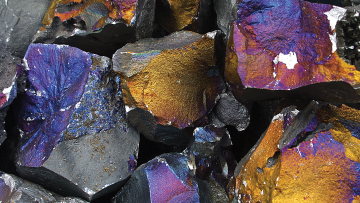
Table of Contents
Understanding the Environmental Impact of Traditional Steel Production
The Carbon Footprint of Steelmaking
Traditional steel production is an energy-intensive process with a substantial carbon footprint. The process involves several stages, each contributing significantly to CO2 emissions:
- Iron ore reduction: This step, often using blast furnaces, requires substantial amounts of coke (derived from coal), which releases large amounts of CO2 during combustion.
- Energy consumption: Steel mills require vast amounts of energy for heating, melting, and processing, often relying on fossil fuels.
- Transportation: The movement of raw materials and finished products adds to the overall carbon footprint.
Specific CO2 emission sources in steel production include:
- Direct emissions from coke ovens and blast furnaces.
- Indirect emissions from electricity generation used in the steelmaking process.
- Emissions from transportation and logistics.
Statistics: The World Steel Association estimates that steel production accounts for around 7% of global CO2 emissions, highlighting the urgent need for sustainable alternatives.
The Urgency for Sustainable Steel Solutions
The pressure on steel producers to reduce emissions is rapidly intensifying. This pressure stems from:
- Stringent environmental regulations: Governments worldwide are implementing stricter emission standards and carbon pricing mechanisms to combat climate change. Examples include the European Union's Emission Trading System (ETS) and similar initiatives in other regions.
- Growing market demand for sustainable and responsible products: Consumers and businesses are increasingly demanding products with a lower environmental impact, driving the need for sustainable steel solutions. This includes everything from construction to automotive industries. The demand for green steel is a major driver of innovation in the industry.
Introducing Eramet's eraLow: A Game Changer in Low-Carbon Manganese Alloy
The Innovation Behind eraLow
Eramet's eraLow is a low-CO2 manganese alloy produced using innovative processes that significantly reduce CO2 emissions compared to traditional methods. This is achieved through a combination of factors including:
- Optimized production processes: Eramet uses more efficient and cleaner energy sources and production techniques.
- Reduced reliance on fossil fuels: The production of eraLow minimizes the use of fossil fuels, reducing direct CO2 emissions from combustion.
- Improved energy efficiency: Advanced technologies employed in the production of eraLow lead to significantly improved energy efficiency.
Key features and advantages of eraLow compared to traditional manganese alloys include:
- Significantly lower CO2 emissions per ton of product.
- Comparable or improved performance characteristics.
- Enhanced sustainability profile, ideal for eco-conscious steel producers.
Reduced CO2 Emissions with eraLow
Using eraLow in steel production leads to a substantial reduction in CO2 emissions. Eramet provides independent verification that confirms a significant percentage reduction (Specific percentage to be provided by Eramet) compared to traditional manganese alloys.
[Insert Chart/Graph here visualizing CO2 emission reduction using eraLow.]
Case studies: [Include real-world examples of successful eraLow implementation and quantifiable emission reductions achieved by partnering steel producers].
The Benefits of Using eraLow for Steel Manufacturers
Environmental Advantages
The environmental benefits of using eraLow are considerable:
- Reduced carbon footprint: Significantly lower CO2 emissions contribute to a smaller overall environmental impact.
- Compliance with environmental regulations: Using eraLow helps steel producers meet increasingly stringent emission standards and avoid potential penalties.
- Enhanced brand reputation: Adopting sustainable practices like using eraLow enhances the brand image and attracts environmentally conscious customers.
- Reduced greenhouse gas emissions: Directly contributes to mitigating climate change.
- Lower energy consumption: The production of eraLow itself uses less energy compared to traditional methods.
Economic Advantages
Beyond the environmental benefits, using eraLow offers several economic advantages:
- Reduced production costs: Improved energy efficiency and reduced waste can lead to cost savings in the steelmaking process.
- Access to new markets: Demand for green steel is growing rapidly, opening up new market opportunities for steel producers using sustainable materials like eraLow.
- Increased competitiveness: Steel manufacturers using eraLow gain a competitive edge in a market increasingly focused on sustainability.
- Potential for government incentives and subsidies: Many governments offer financial incentives for companies adopting green technologies and reducing their carbon footprint, making the use of eraLow even more attractive.
Conclusion
Eramet's eraLow low-CO2 manganese alloy represents a significant leap forward in decarbonizing the steel industry. By offering a viable path to significantly reduce CO2 emissions during steel production, eraLow enables steel manufacturers to meet environmental targets, improve their sustainability profile, and enhance their competitiveness in a growing market demanding green steel. Choosing eraLow is not just about reducing your carbon footprint; it's about embracing a sustainable future. Contact Eramet today to learn more about incorporating this revolutionary low-CO2 manganese alloy into your steel production and contribute to a greener tomorrow with decarbonizing steel solutions like eraLow.

Featured Posts
-
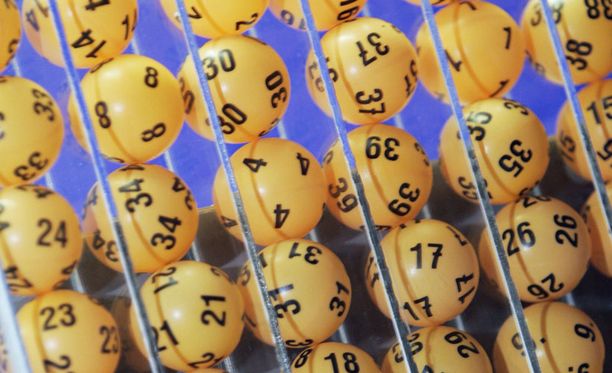 Onnea Suomeen 40 000 E Eurojackpot Voitto Jaettu
May 14, 2025
Onnea Suomeen 40 000 E Eurojackpot Voitto Jaettu
May 14, 2025 -
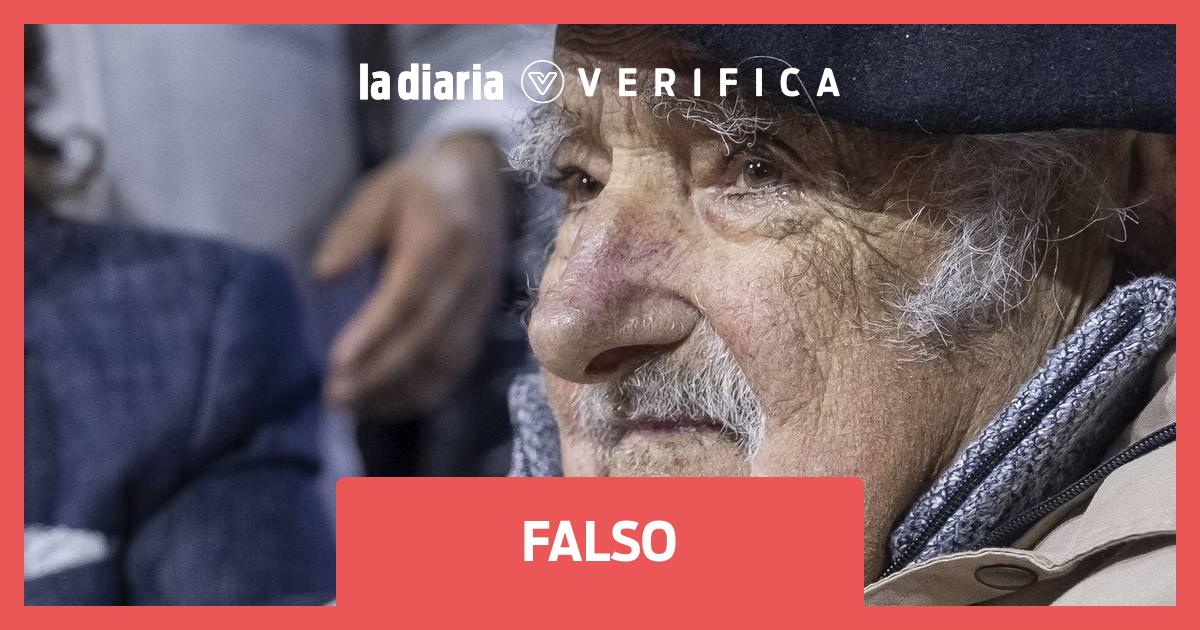 Muere Jose Mujica El Modesto Lider Uruguayo Que Transformo El Pais A Los 89 Anos
May 14, 2025
Muere Jose Mujica El Modesto Lider Uruguayo Que Transformo El Pais A Los 89 Anos
May 14, 2025 -
 Paolinis Dubai Defense Crumbles Sabalenka Triumphs
May 14, 2025
Paolinis Dubai Defense Crumbles Sabalenka Triumphs
May 14, 2025 -
 The Pub Fight Fallout Analyzing Jake Pauls Daddy Jab At Tommy Fury
May 14, 2025
The Pub Fight Fallout Analyzing Jake Pauls Daddy Jab At Tommy Fury
May 14, 2025 -
 Kyf Atlqt Ywrwfyjn Msyrt Sylyn Dywn
May 14, 2025
Kyf Atlqt Ywrwfyjn Msyrt Sylyn Dywn
May 14, 2025
Latest Posts
-
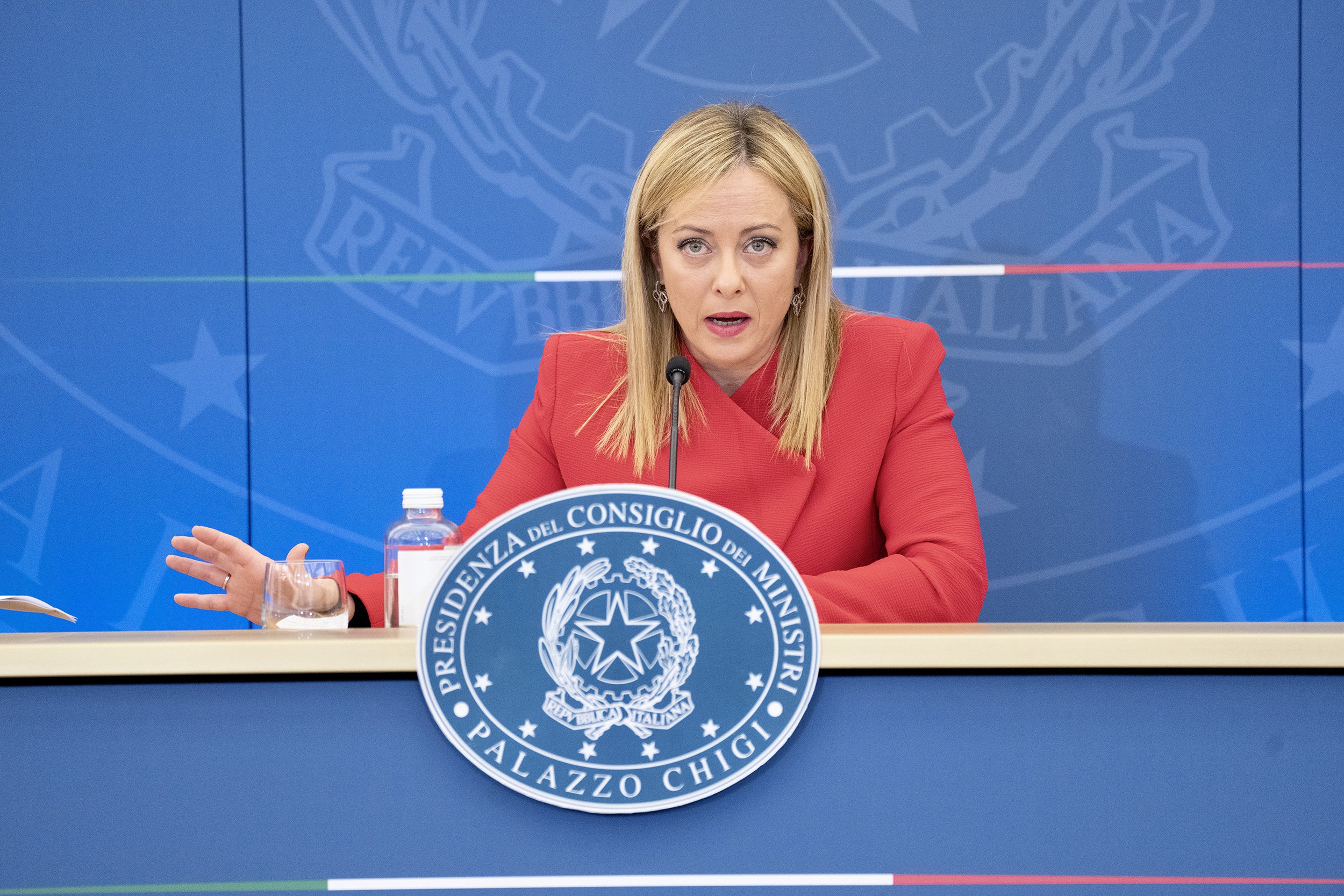 Giorgia Meloni Sul Festival Di Sanremo Un Edizione All Insegna Della Musica
May 14, 2025
Giorgia Meloni Sul Festival Di Sanremo Un Edizione All Insegna Della Musica
May 14, 2025 -
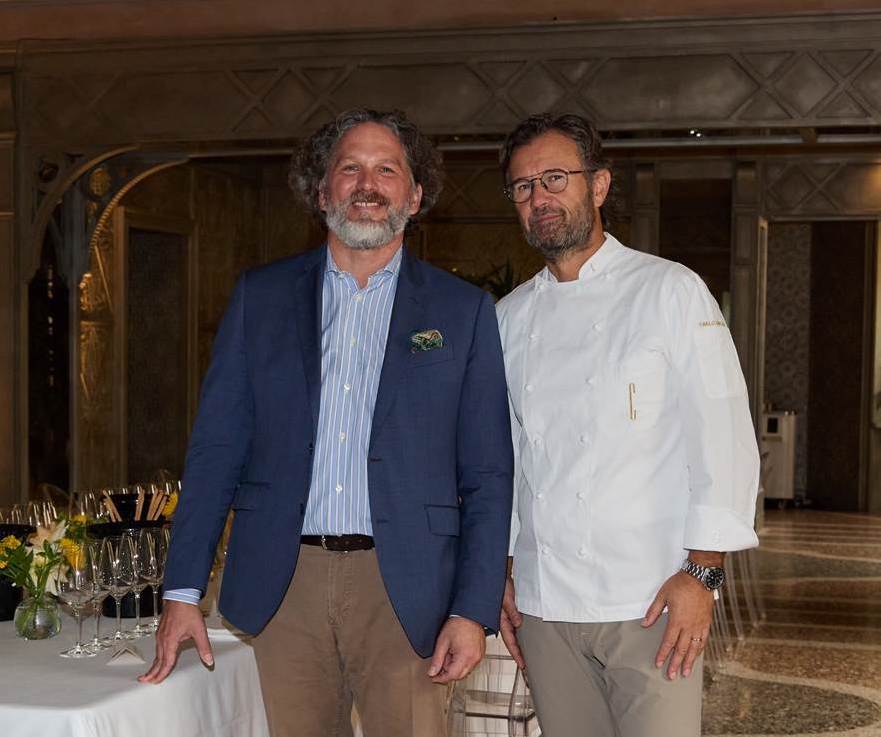 Cristicchi A Sanremo Il Giudizio Positivo Di Giorgia Meloni
May 14, 2025
Cristicchi A Sanremo Il Giudizio Positivo Di Giorgia Meloni
May 14, 2025 -
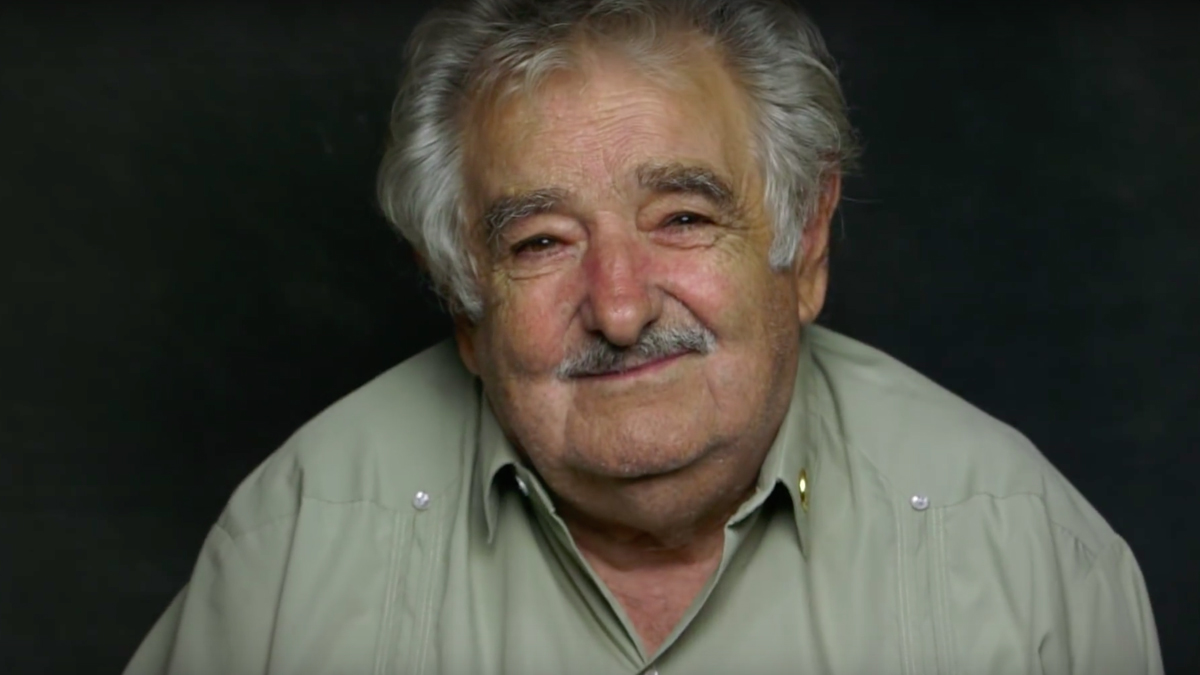 Jose Mujica Remembering Uruguays Former President 1935 2024
May 14, 2025
Jose Mujica Remembering Uruguays Former President 1935 2024
May 14, 2025 -
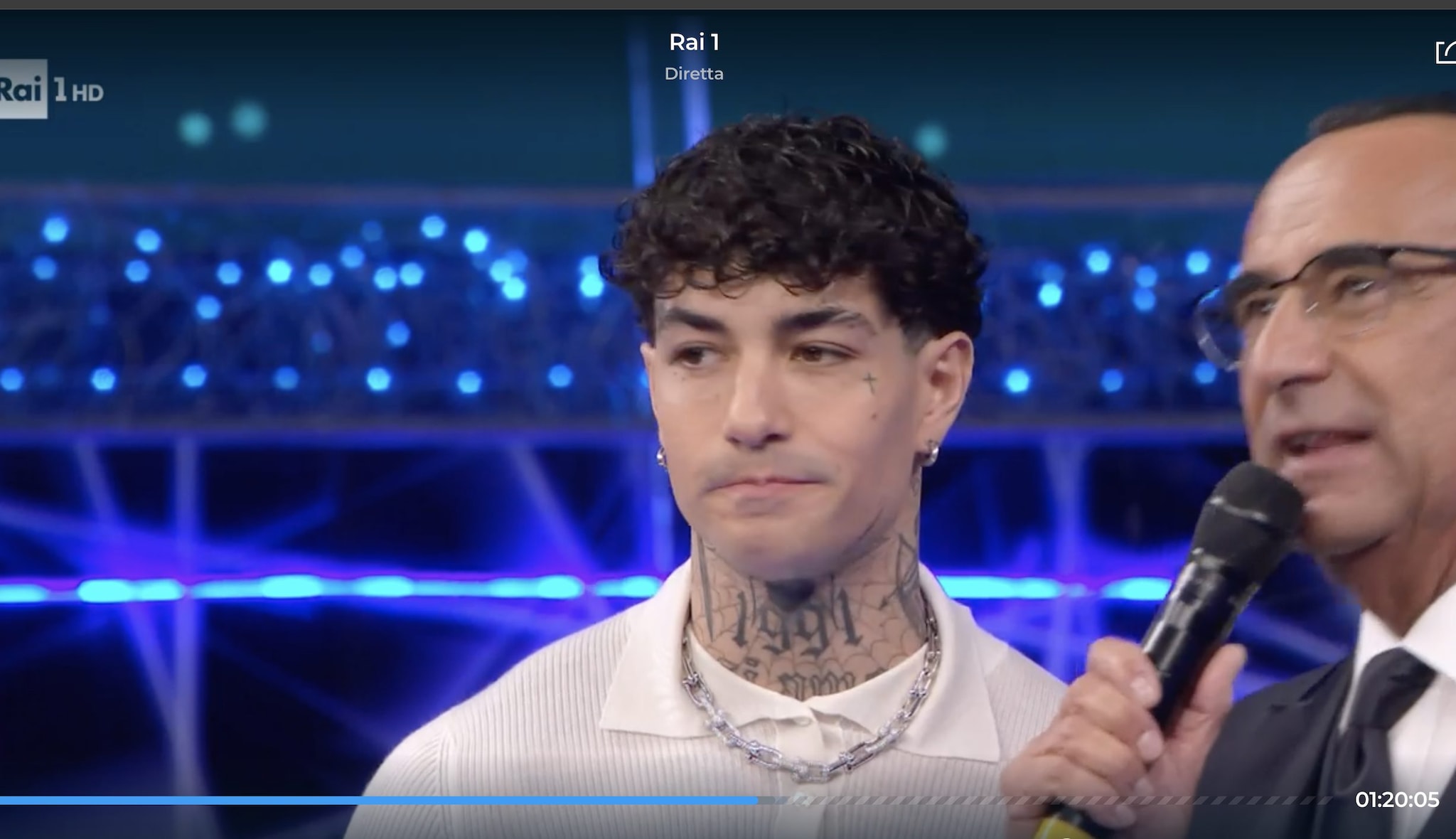 Meloni Elogia Sanremo Musica Al Centro Stop Ai Monologhi
May 14, 2025
Meloni Elogia Sanremo Musica Al Centro Stop Ai Monologhi
May 14, 2025 -
 Ex President Of Uruguay Jose Mujica Dies At Age 89
May 14, 2025
Ex President Of Uruguay Jose Mujica Dies At Age 89
May 14, 2025
